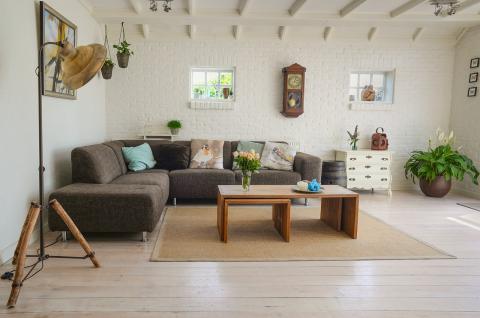Topic of the Month (October 2023)
Each month a relevant topic and several sub-topics are covered in detail. For the Topic of the Month, content following a common thread is developed by BUILD UP Editorial Board in collaboration with the Board of Ambassadors and other relevant experts in the field. This includes producing articles, case studies, webinars and more, all in line with the specific topic selected. Relevant events are also identified and highlighted.
Topics of the Month are announced at the end of the previous month in our website and newsletter. Please write us if you wish to know more about our upcoming topics of the month.

Thermotropic (TT) smart windows, especially those with blinds, enhance energy efficiency and daylight comfort, achieving up to 18.9% energy savings by dynamically regulating solar energy.

Imagine building a low-energy home, designed to save energy and be comfortable. But what if, instead, it became unbearably hot?
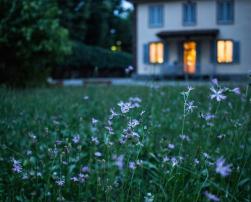
This Cultural-E infographic explains Plus Energy Buildings (PEB), which generate more energy than they consume annually using local renewables, ensuring low emissions and efficiency.
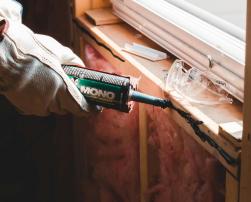
Airtightness in Passivhaus construction minimises air leaks to enhance energy efficiency, comfort, durability, and indoor air quality, while reducing environmental impact and the need for extensive heating or cooling systems.
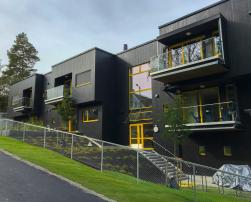
The Eiksveien 116 project in Østerås, Norway, is a sustainable, energy-efficient care home complex featuring eco-friendly materials, geothermal heating, solar panels, and a green roof, designed to minimise its environmental impact while providing high-quality housing.

Operational effectiveness ensures building systems achieve their goals by adapting to real-time conditions, prioritising outcomes over efficiency alone.

Montgomery Sisam Architects designed a modular, energy-efficient Passive House building in Hamilton with 24 units to address homelessness, featuring prefab construction, photovoltaic panels, and community spaces.

This study explores how adapting historic buildings, like Erbil Citadel houses, into sustainable office spaces enhances employee satisfaction, creativity, and well-being while balancing heritage preservation with modern needs.
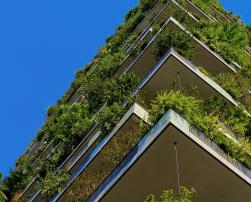
Vertical gardens, integrated into building facades, improve air quality, regulate temperature, enhance biodiversity, and promote well-being, making urban spaces more sustainable and aesthetically appealing.
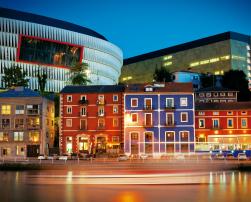
This paper analyses the climate resilience of social housing renovations in the Basque Country, emphasising the importance of passive and active measures to reduce heating demand, minimise overheating risks, and lower environmental impact, with potential savings in energy and CO2 emissions.
